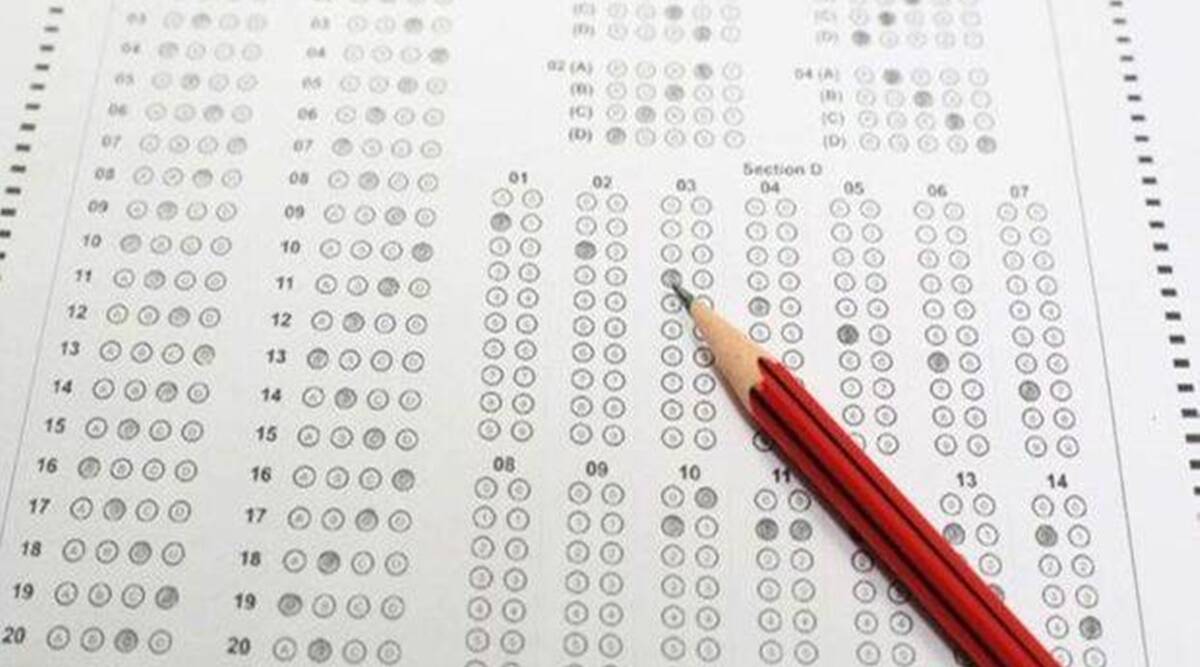For Indian students aspiring to pursue a medical career, the option of studying MBBS in Nepal is gaining popularity. With its affordable tuition fees, quality education, and proximity to India, Nepal has become a favorable destination for many students. However, a common question is whether Nepal has the same curriculum as India for MBBS. In this blog post, we will delve into the details of MBBS in Nepal for Indian students, compare the curricula of Nepal and India, explore the recognitions and validations of an MBBS degree from Nepal, highlight notable medical colleges in Nepal, and provide practical considerations for Indian students looking to study in Nepal.

An Overview of MBBS in Nepal for Indian Students
Embarking on the journey of studying MBBS in Nepal opens the door to a world filled with rich culture, unique healthcare challenges, and an education system poised to equip Indian students with a comprehensive medical education. The program stretches over five and a half years, including a mandatory one-year internship providing hands-on medical experience. Using English as the primary language of instruction is a huge plus, facilitating a smoother transition for Indian students into their academic environment.
Furthermore, the cost of pursuing an MBBS in Nepal is notably lower than that of many private colleges in India, presenting a financially viable option for aspiring doctors. This blend of affordability, quality education, and cultural immersion makes Nepal an appealing destination for Indian students pursuing a career in medicine.
Comparing MBBS Curricula: Nepal vs. India
When diving into the MBBS curricula offered in Nepal compared to India, it’s like looking at two sides of the same coin—familiar yet distinct. Both countries aim to provide a robust medical education aligned with the standards of the Medical Council of India (MCI) and the Nepal Medical Council (NMC). The journey through medical school spans five and a half years, including a hands-on internship, in both countries. The courses cover a comprehensive range of subjects necessary for a future in medicine, from anatomy and biochemistry to surgery and community medicine.
However, the flavor of the curriculum in Nepal might taste slightly different. The emphasis placed on certain diseases or health conditions can vary, reflecting the unique health challenges faced by the region. Additionally, teaching methods and clinical exposure might show some divergence, with Nepal integrating more community-based learning experiences or focusing on specific aspects of healthcare more extensively.
For Indian students venturing into Nepal for their medical education, it’s an opportunity to embrace a curriculum that’s both familiar in its foundation but enriched with local nuances, preparing them for a diverse range of medical challenges.
Recognitions and Validations of MBBS Degree from Nepal
Navigating the terrain of international qualifications, Indian students often wonder about the standing of their MBBS degree earned in Nepal once they return home. Good news: The Medical Council of India (MCI) recognizes degrees from approved medical colleges in Nepal. This recognition means that graduates can seamlessly transition back to India to practice medicine or further their education.
However, the key is to choose wisely—ensuring the college of choice is on the MCI’s approved list. This green light from the MCI validates the hard work and dedication put into earning the degree and opens doors to career opportunities in India’s healthcare sector. It’s a crucial step for Indian students, guaranteeing that their time and effort in Nepal will move them forward in their journey to become doctors without any roadblocks regarding the legitimacy of their qualifications back home.
Notable Medical Colleges in Nepal for Indian Students
For Indian students eyeing an MBBS degree in Nepal, two institutions stand out: Devdaha Medical College & Research Institute and Patan Academy of Health Sciences. These colleges are distinguished by their commitment to providing a high standard of medical education, bolstered by modern facilities and a faculty rich in experience. At Devdaha Medical College & Research Institute, students are immersed in an environment that encourages the exploration of various medical disciplines.
At the same time, the Patan Academy of Health Sciences emphasizes a community-oriented approach to healthcare, preparing students to tackle the challenges of real-world medical situations. Both institutions are recognized for fostering an educational atmosphere that is both enriching and supportive, making them top picks for Indian students aiming to pursue an MBBS in Nepal.
Practical Considerations for Indian Students
Before leaping into an MBBS program in Nepal, Indian students should mull over several key aspects. First and foremost, while English is the medium of instruction, grasping the local language can enhance everyday interactions and understanding of cultural nuances. Adjusting to a new culture might take a bit of time, but it’s an opportunity for personal growth.
Furthermore, it’s wise to budget for living expenses, as the cost of life can vary greatly depending on the city and lifestyle choices. Additionally, exploring post-graduation job prospects is crucial. Students should investigate how employers in India and other countries view an MBBS degree from Nepal if they plan to work abroad. A thorough investigation into these areas will smoothen the transition to studying in Nepal and ensure a well-rounded educational experience beyond the classroom.
Wrapping up
Embarking on the MBBS journey in Nepal offers Indian students a unique blend of quality education, cultural immersion, and financial feasibility. While the core structure of the medical curriculum mirrors that of India, it’s enriched with local healthcare insights and practices. Careful selection of a recognized medical college and a deep dive into the curriculum specifics are pivotal steps. Additionally, adjusting to a new environment and planning for future career paths are crucial considerations. By thoroughly evaluating these aspects, students can chart a successful path toward obtaining their MBBS degree in Nepal, setting the stage for a fruitful medical career. This adventure broadens their academic horizons and equips them with diverse experiences, making them versatile healthcare professionals ready to face global challenges.



